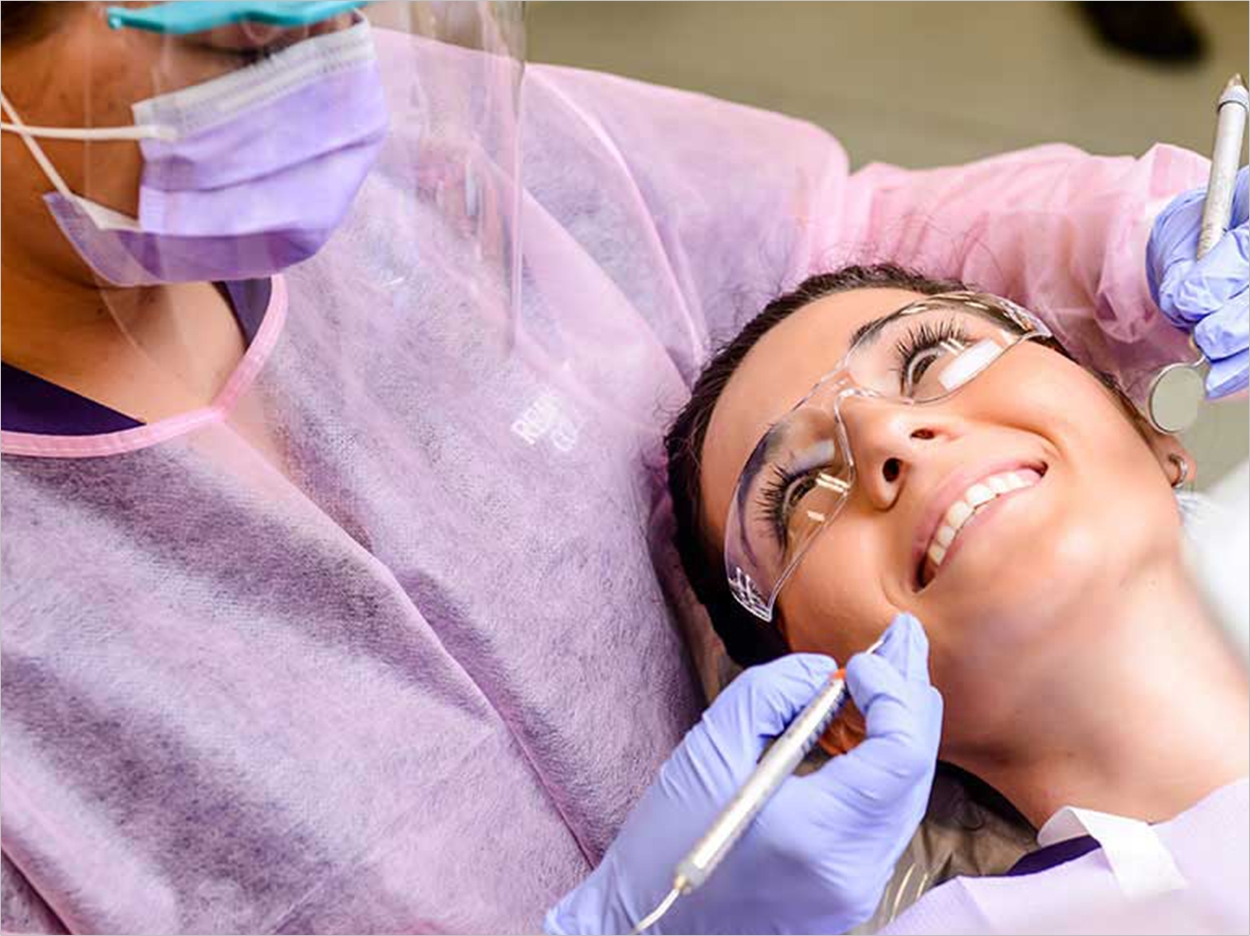
The Heartland Institute and the Texas Public Policy Foundation have released a policy brief supporting the licensing of dental therapists in North Dakota to improve access to basic and preventive oral care. According to the brief:
- Approximately 66,663 residents, or nearly 10% of the population, live in 35 areas recognized for dental health professional shortages;
- A third of all residents age 65 years and older with teeth needed “early or urgent dental care” in 2016;
- 72% of children on Medicaid in the state in 2015 did not use preventive dental care, even though they were eligible, marking the third worst rate of usage in the nation despite the fact that North Dakota’s dentists have some of the highest reimbursement rates in the country.
The organizations note that dental therapists can help alleviate these problems by reducing the patient pressure on dentists for basic preventative and restorative treatment as well as extractions of primary teeth.
Maine, Minnesota, and Vermont all allow dental therapists, while Washington and Oregon have authorized access to midlevel dental providers for native tribes while considering their use statewide. Alaska native tribes also have authorized dental therapy.
For example, Minnesota dental therapists are authorized to perform more than 70 services and procedures including oral evaluations, cementation and removal of space maintainers, crown implantation, anesthesization, missing and broken tooth replacement, and suture removal.
According to the Pew Charitable Trusts, North Dakota is exploring the authorization of licensed dental therapists along with Arizona, Hawaii, Kansas, Massachusetts, New Hampshire, New Mexico, and Texas.
Dental therapists typically need to undergo professional training similar to what’s required of nurses in other medical fields before they would be licensed, according to the authors of the policy brief. Also, dental therapists need to be supervised by professional dentists.
The ADA opposes the authorization of non-dentists to perform surgical procedures. While it acknowledges challenges in providing dental care to everyone, it notes the growing numbers of practicing dentists and believes efforts should focus on better connecting patients with them.
“The most important takeaway for North Dakota lawmakers is that continuing the de facto ban on dental therapists quenches opportunities for dentists to innovate and for underserved patients to gain oral care access,” said Michael Hamilton, a Heartland research fellow and coauthor of the brief.
“Authorizing dental therapy would give entrepreneurial dentists more options for building their dental dream teams. Dentists would remain free to resist dental therapy by simply refusing to hire dental therapists, who must practice under a dentist’s supervision,” said Hamilton.
“Permitting dentists to hire dental therapists gives our state more options for meeting the oral care shortage experienced by North Dakotans of various ages, income levels, locations, and backgrounds,” said Bette Grande, a Heartland research fellow and coauthor of the brief.
Related Articles
Dental Therapist Classification Established in Vermont
Michigan Considers Dental Therapist Classification
Expanded Roles for Hygienists Improve Populations’ Oral Health












